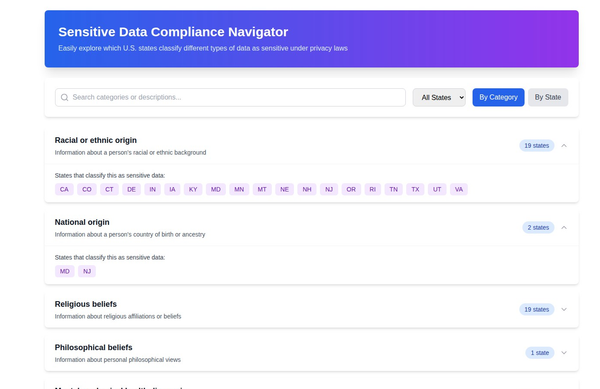Europe Leads the Way: The EU's Revolutionary Artificial Intelligence Act

Introduction:
In regulating the rather tricky waters of artificial intelligence (AI) technologies, the European Union (EU) has taken an undeniable and remarkable lead with their extraordinary Artificial Intelligence Act. This trailblazing legislation won't just define the rules and standards to be adhered to, it will equally ensure that AI is used responsibly and ethically across a multitude of sectors. In the succeeding passages, we will dissect the main features of the Act, explore its multifaceted implications, and speculate how this legislation could potentially shape the AI landscape in Europe.
1. Unfolding the Ambit:
The reach of the AI Act cannot be overstated as it covers an astonishing range of AI applications. The Act bifurcates AI technology into high-risk and non-high-risk systems. High-risk AI technologies, for instance, those utilized in critical sectors such as healthcare, transportation, and law enforcement, will face exceedingly stringent regulations. These regulations are geared to enforce transparency, accountability, and a level of human oversight.
2. Banning Certain AI Practices:
The legislation astutely takes into account certain AI practices deemed to be an extreme risk to individual's rights and safety. The law comes down heavily on AI systems designed to manipulate human behavior subtly or those targeted towards vulnerable populations like children or the disabled. Such exploitative AI practices will face an absolute ban.
3. Championing Transparency and Accountability:
The linchpin of the Act is the emphatic need for transparency and accountability in AI. Developers are obligated to provide comprehensive documentation to delineate how the technology operates. Furthermore, organizations that work with high-risk AI systems will have to undertake regular risk evaluations and adhere to a strict supervisory structure.
4. Upholding Fundamental Rights:
The AI Act, at its core, prioritizes the protection of fundamental rights. It lucidly outlines principles that include human dignity, privacy, non-discrimination, and fairness to thwart AI systems from encroaching upon these rights. Compelling procedures have been established to seek redress should these rights be violated.
5. Navigating Data Governance and Quality:
To mitigate arising concerns about the use and quality of data, the Act outlines clear-cut guidelines for data handling. It underscores the crucial role of data protection, privacy, and technical robustness in AI. High standards for data quality are enforced to vouchsafe that decisions made by AI algorithms are not skewed or biased.
6. Global Cooperation:
Recognizing AI's borderless nature, the Act champions the importance of international cooperation in terms of regulation. The long-term goal of the EU is to catalyze collaboration with like-minded nations and bodies to uphold common ethical standards and facilitate AI system interoperability.
Conclusion:
The EU's Artificial Intelligence Act delineates a visionary and comprehensive layout to regulate AI technologies. A clear stress on transparency, accountability, the preservation of fundamental rights, alongside fostering international cooperation makes the Act a robust beacon that safeguards against AI risks while promoting forward-thrusting innovation. Ensemble, the Act sets Europe on a trajectory to become an ever-inclusive leader in ethical AI development and offers a progressive template for the rest of the world to follow.





